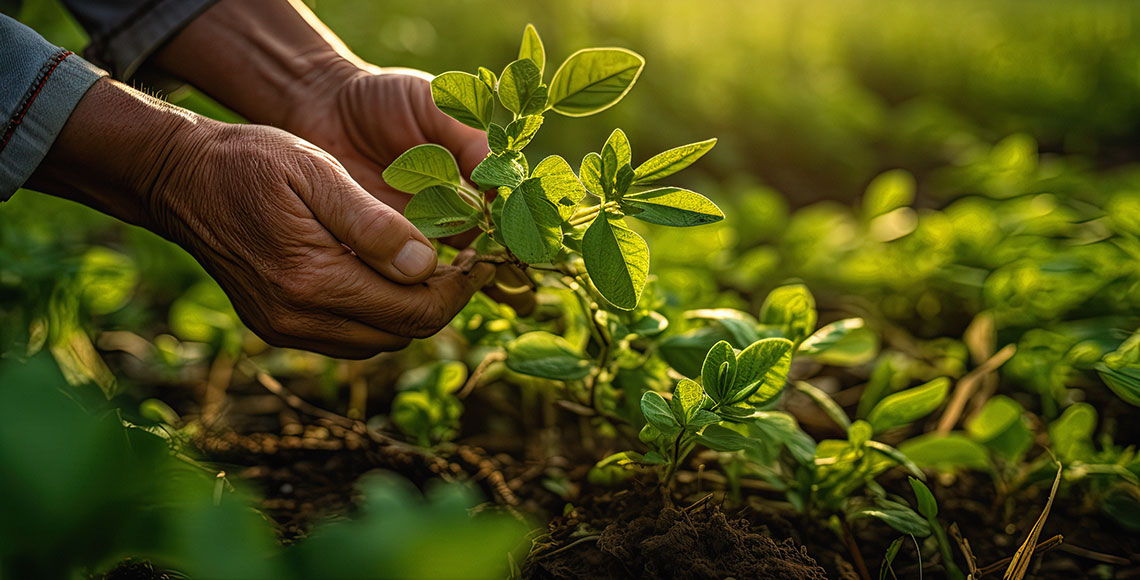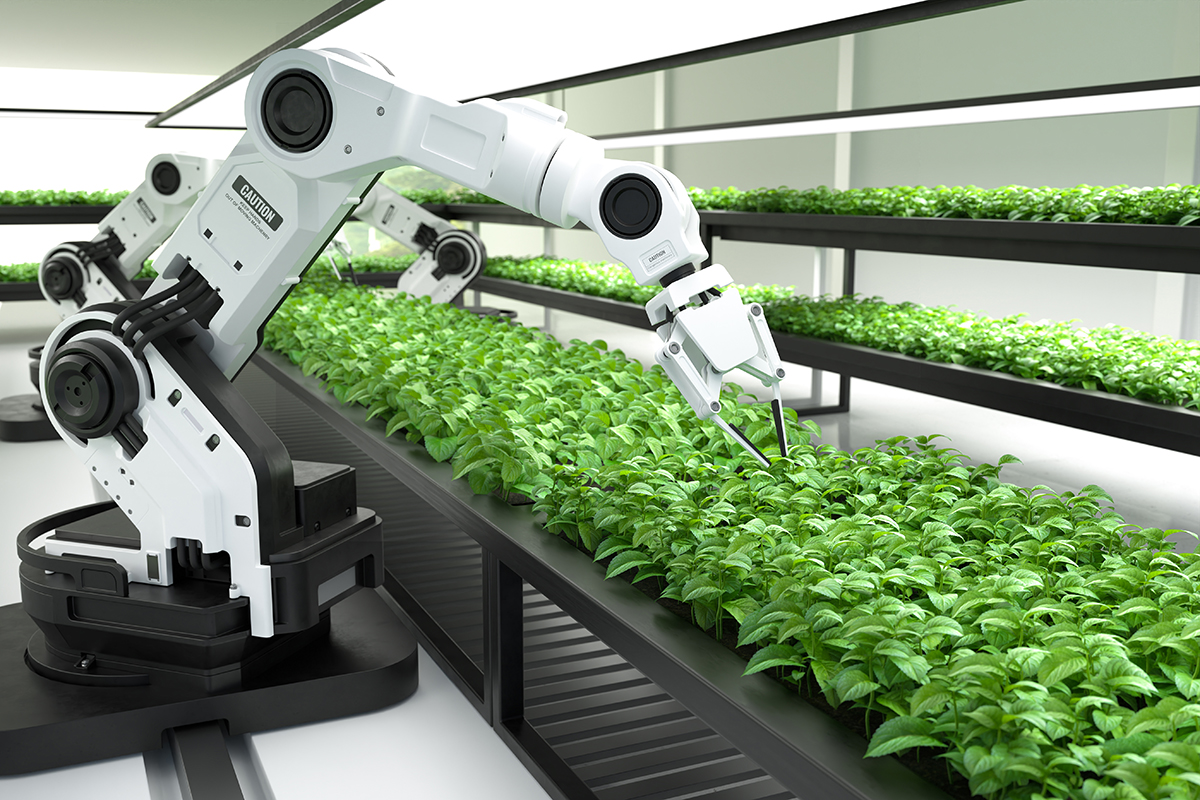In recent years, China’s agricultural sector has experienced major health crises that have had a strong impact on food production and the country’s economic stability. Animal epidemics, invasive parasites, climate change, the country is forced to constantly readjust its crisis management strategies. Through preventive measures, investment in R&D and international collaborations, China seeks to protect its crops and livestock while ensuring its food security.
One of the most striking crises in Chinese agriculture was that of African swine fever, which exploded in 2018 and decimated the country’s pig population. This highly contagious disease has impacted small producers as well as large farms. Pork prices then soared, creating unrest in the country.
At the same time, other threats have continued to increase, including the arrival of pests such as the fall armyworm, a parasite that particularly attacks cereal crops. This type of pest is a particular challenge for a country that relies on food self-sufficiency and depends on stable crops to feed its population.
According to the National Bureau of Statistics of China, the country’s grain production in 2025 is expected to exceed 700 million tons, an increase of 0.7 percent from 695.41 million tons in 2024. This increase is illustrated by China’s greater investment in agricultural mechanization and seed technologies. Indeed, this year the government has set an ambitious goal, to reduce its dependence on agricultural imports by achieving 92% self-sufficiency in cereals and legumes by 2033, compared to 84% currently. However, challenges remain, particularly with regard to the limited availability of arable land and water resources. In order to overcome this, the country is now investing in advanced agricultural technologies, including genetically modified crops. This year has seen significant collaboration between China and France, which signed several agreements in May 2024 to strengthen agricultural cooperation. Among these agreements is a protocol on zoning in the event of an outbreak of highly pathogenic avian influenza. This will make it possible to maintain exports of French poultry products from the disease-free areas in the event of an epidemic.
The China Agricultural Outlook Report (2024-2033), released in July 2024, highlights the importance of agricultural modernization and rural development. Priorities include food security, rural reform, the promotion of common prosperity and the coordination of regional development.




